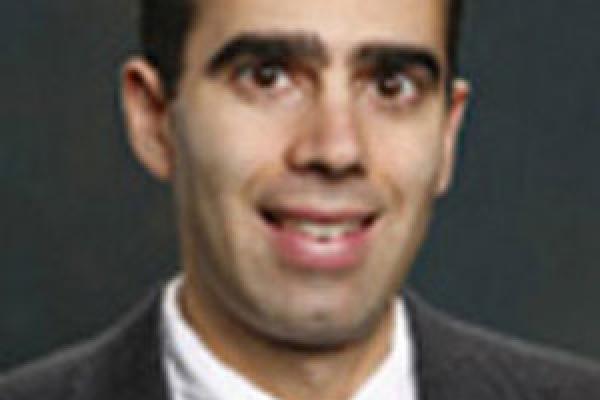
Sex, Gender, and Disasters: Experimental evidence on the decision to invest in resilience
Renewed sensitivity to terrorism threats, economic volatility, frequent and severe natural disasters, and infrastructure disruptions has intensified interest in economic resilience, the ability to withstand or recover from catastrophe. Despite this attention, there is a noteworthy absence in the literature evaluating individual-level resilience decision-making in firms. To address this, our research uses a randomized controlled experimental design to examine whether gender diversity might lead to decision-making that improves resilience to calamitous events. We explore decisions related to a core resilience strategy, investment in inventories, across both professional manager and student subject pools. We find that although women perceive a higher probability of a catastrophic event, male and female do not make different investment decisions when faced with uncertainty and risk of catastrophe. An alternative gender construct, congruence with culturally defined feminine personality attributes, corresponds with increased resilience investment and is driven by differences between managers and students. These results contribute new findings to the mixed literature that alternately shows women more risk averse than men and women managers less risk averse than the general population. The findings have practical implications for private firms and public organizations to enhance their economic resilience strategies by increasing gender diversity among decision makers.
Associate Professor, at John Glenn School of Public Affairs, Professor Greenbaum's research focuses on urban and regional economic development. In particular, he is interested both in how tax incentive policies and disamenities such as crime and terrorism influence the location of economic activity. He has published a number of papers examining the adoption and effectiveness of spatially targeted economic development incentives.The primary attention of his current research concerns the investigation of relationships among crime, business location decisions, and residential choice.
He teaches courses in economics, public finance, and statistical methods. He also serves as the Glenn School's Graduate Studies Committee Chair and as Associate Director of Ohio State's Center for Urban and Regional Analysis.
